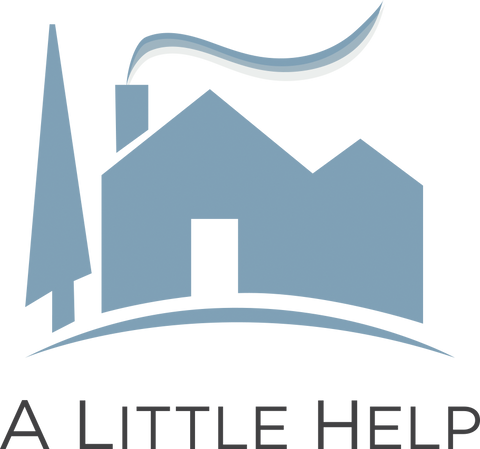ALH has the unique opportunity to address the health, social, and economic needs of older adults in Colorado who are at risk of losing their independence and identity with age. The population of Coloradoans aged 65 and older is expected to double over the next ten years, reaching 1.3 million individuals by 2030 (CDPHE). Several studies conducted by AARP show the majority of older adults (>90%) prefer to age in their homes rather than move into an assisted living facility or similar accommodations. However, independent living can be increasingly difficult as one ages given the numerous health, social, and economic factors needed to thrive. Meeting these needs is even more difficult if the older individual has reduced social networks of support. Studies show that 35% of older adults with long-term care needs live more than an hour away from family caretakers. In addition, a Harvard Study on Aging (2016) identified social isolation and loneliness as one of the biggest public health crises facing older adults. The study found that loneliness increases older adults’ risk of disease, harms both mental health and the immune system, contributes to early-onset dementia, and increases the likelihood of sickness, premature death, and high medical expenses.
With a rapidly growing older adult population, economic realities of shrinking pensions, and uncertainty of government supports such as Social Security and Medicare, ALH bridges the gap by using cost-effective resources found in every community: good neighbors. ALH pairs neighbors within a certain radius to assist members with everyday tasks and reduces social isolation and loneliness, empowering them to age safely in their homes.
ALH volunteers help with tasks including yard work, snow removal, home organization, technology assistance, friendly visits, caregiver respite, and transportation to medical appointments, grocery stores, and social events. To coordinate services, ALH staff work closely with members to answer questions, assist with the ALH application, and facilitate service requests. Upon registration, staff members welcome members and orient them to the service request process. The initial welcome meeting, which is currently held over the phone, provides greater insight into the new members’ needs and helps develop trust. If older adults have immediate needs, ALH staff empower them to be solution-oriented, providing warm referrals to additional community services and/or brainstorming individuals in their networks that may be able to assist them. In 2020, ALH engaged 2,800 volunteers to complete more than 10,500 service requests for 1,200 older adults.
While ALH strives to ensure that the holistic needs of older adults are met, the scale, immediacy, and volume of those needs has increased due to COVID-19. ALH has adapted and scaled its service provision to meet immediate needs in accordance with current health and safety guidelines. In lieu of in-person visits, volunteers make frequent care calls to provide health check-ins, social connection, and reduce loneliness. Volunteers also deliver groceries, medical prescriptions, and other essential supplies.
Unlike other local organizations that only provide services during traditional business hours, ALH’s neighborhood volunteers provide services seven days a week at all hours. Through the duration of the pandemic, ALH strives to meet the basic needs of older adults and other high-risk populations, combat social isolation, and keep people connected to their communities.
]]>


